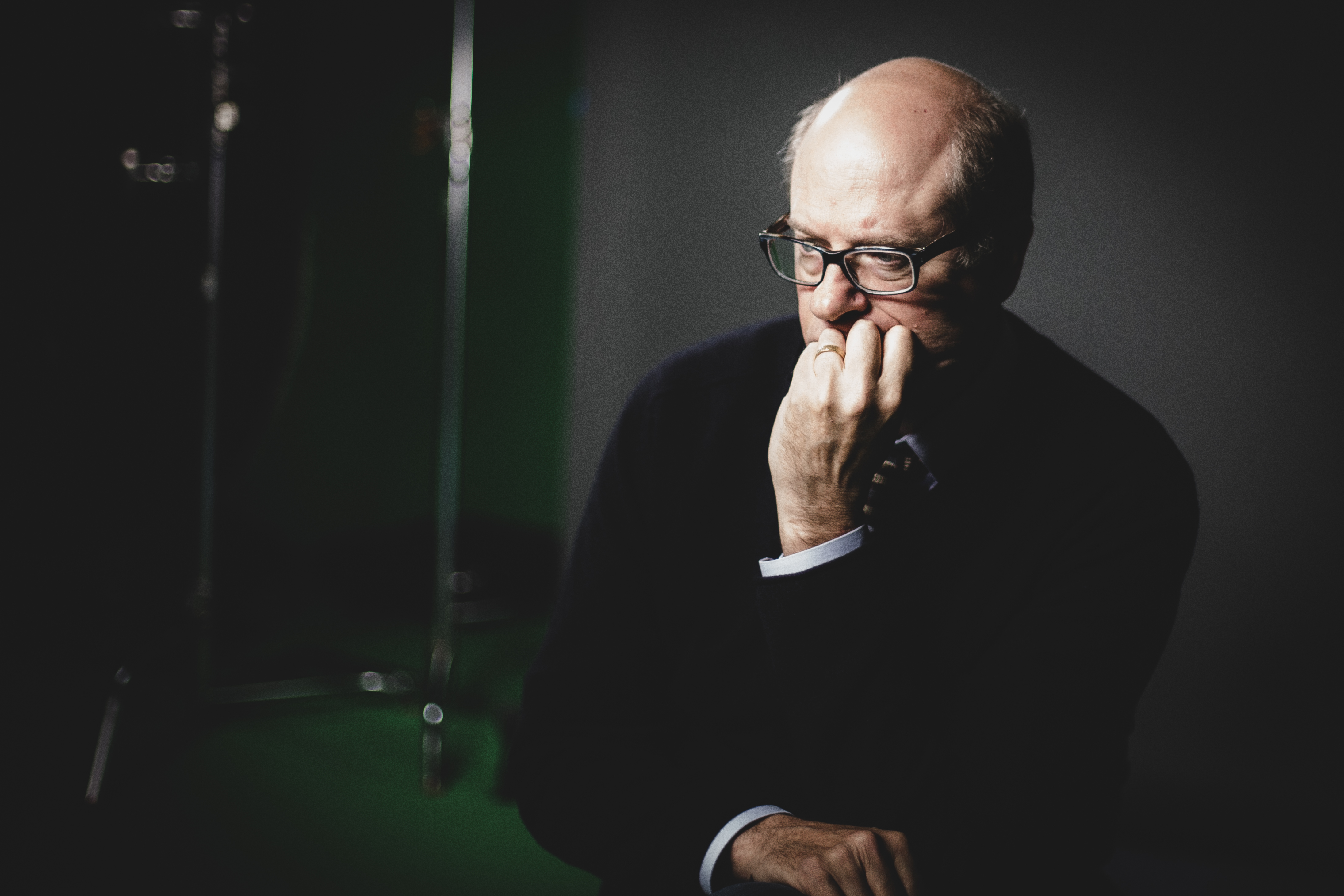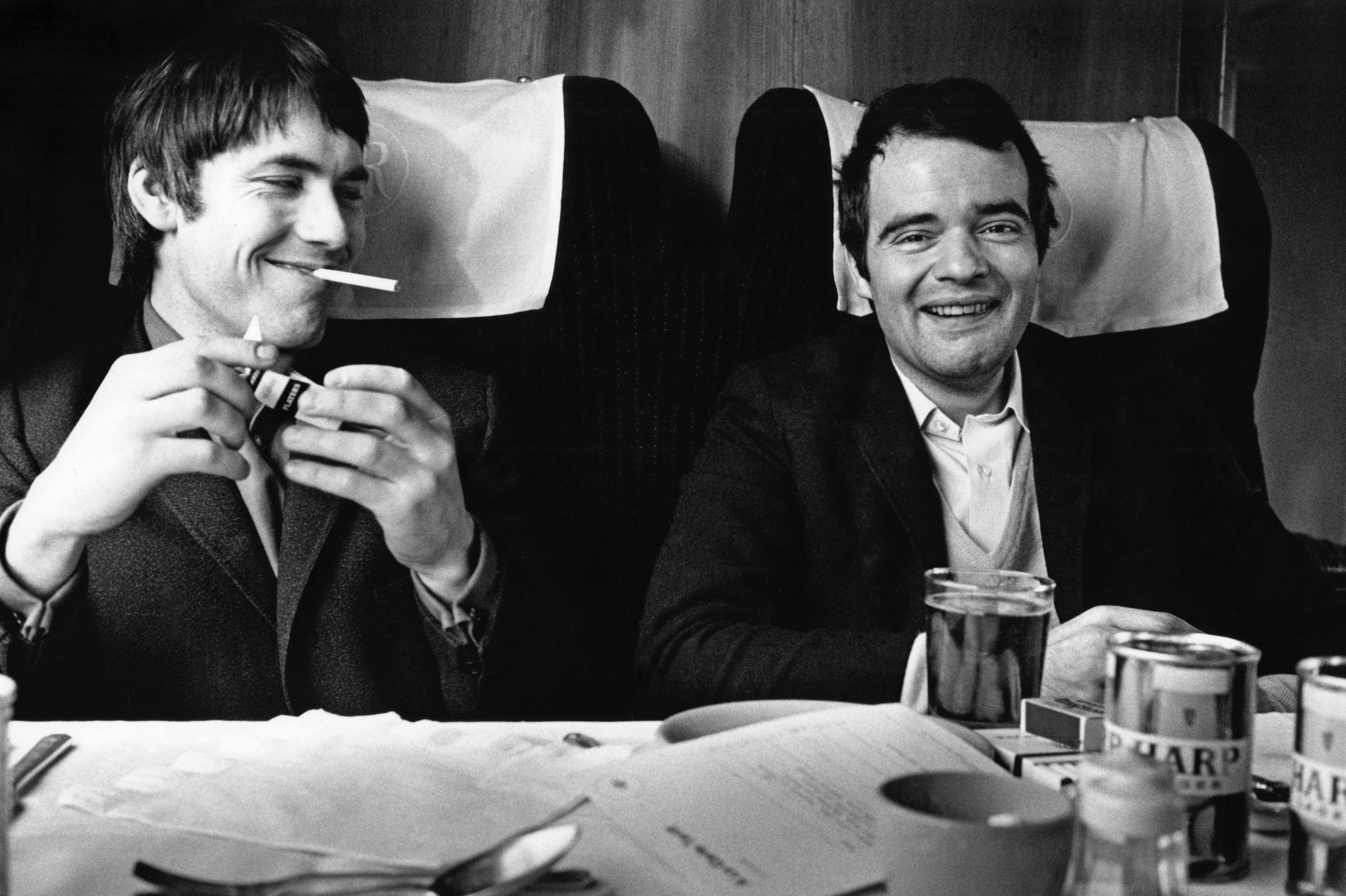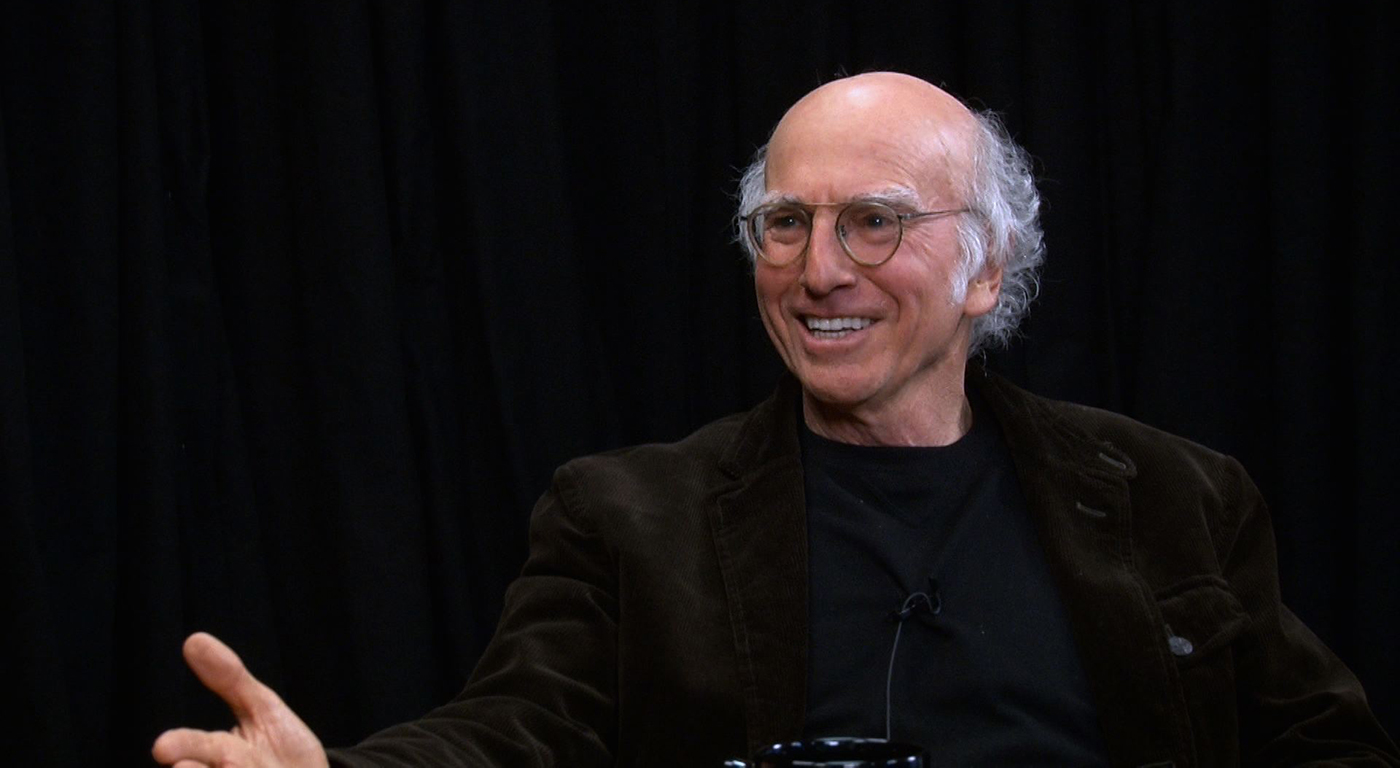THE FINEST FILMMAKERS of Chinese cinema turn sweepingly melodramatic tales rife with clich頡nd loaded ironies into gorgeous dramas both introspective and stunningly cinematic. On a tour of Chinese culture, they slip political asides and social criticisms in around the colorful edges, often using the past as a mirror of the present. Wu Tianming’s The King of Masks, arriving in theaters three full years after its strong reception at SIFF in 1996, lands in Seattle with a legacy of awards from around the world, and appears to promise the same rich mix: a drama in which the world of grand stage theatricality and colorful street performers is a backdrop to a tale that ostensibly tackles cultural sexism, but ultimately melts into a grandly flamboyant melodrama.
The King of Masks
directed by Wu Tianming
starring Zhu Xu, Zhong Ren-Ying
opens April 30 at Harvard Exit
The aging performer Bian Lian Wang (Zhu Xu), a lonely man whose frail frame comes alive in performances of his sleight-of-hand play of masks, which appear and disappear like magic, desires a prot駩. Tradition dictates that it can only be a boy, but in the Sichuan provinces of the 1930s boys are valuable, while daughters are deemed worthless. Wading through a market where parents offer their girls to strangers for a price, or even for free, Wang is about to give up when he turns at the tiny cry of “Grandpa” and finds a healthy, hearty boy with big eyes pleading for his love. Doggie (Zhoun Ren-Ying) is everything he desires in a child: affectionate, eager to please, rambunctious . . . too good, in fact, to be true. And sure enough, it’s not long before we learn that he is a she masquerading as a boy, and it’s only a matter of time before Wang finds out too.
Wang’s attitude changes in a heartbeat. After attempting to abandon the child, he agrees to take her on as a servant and assistant. No longer “Grandpa,” but now “Boss,” he teaches her gymnastics and she cooks and cleans. Zhoun Ren-Ying, a real-life acrobat, makes a dynamic film debut as Doggie: Fiery and vivacious without lapsing into cloying cuteness, she delivers an emotional performance recalling Jackie Cooper in Chaplin’s The Kid. Her winning presence makes their growing bond not merely believable but inevitable.
But of course fate (and filmmaker Wu) have more than simple emotional barriers and cultural traditions to overcome. There’s a tragedy in the making that will call upon Doggie to become a child hero of mythic proportions. Here the simplicity of the film’s bedrock (if operatically exaggerated) emotions bump up against the indulgent contrivances of the plot: Only superhuman effort will overcome centuries of chauvinism.
The King of Masks swims in color, from its opening festival scene of parades, fireworks, and vividly garbed street performers to its climactic mix of Chinese opera and charged melodrama played out against a rain-soaked street lit in silver and gold. It’s a feast of red lanterns and blue banners and splashes of color enveloped in a soft mist. It’s also awash in sentimentality and dripping with forced poignancy: When Wang first hears Doggie’s voice, his slow turn has all the measured drama of a Hollywood star’s, and his face melts as swelling music overwhelms the scene. Wu never seems to capture the balance of simplicity and melodramatic extravagance his contemporaries have mastered, resulting in a film that stalls in tortured plot twists before kicking back to life in a gloriously operatic conclusion and a giddy coda. The social criticism disintegrates into little more than lip service, but the dazzling displays of folk art and passionate emotional core create one of the most audience-friendly films to emerge from China in years. The operatic excess may appear overwrought, but it’s never unearned.







